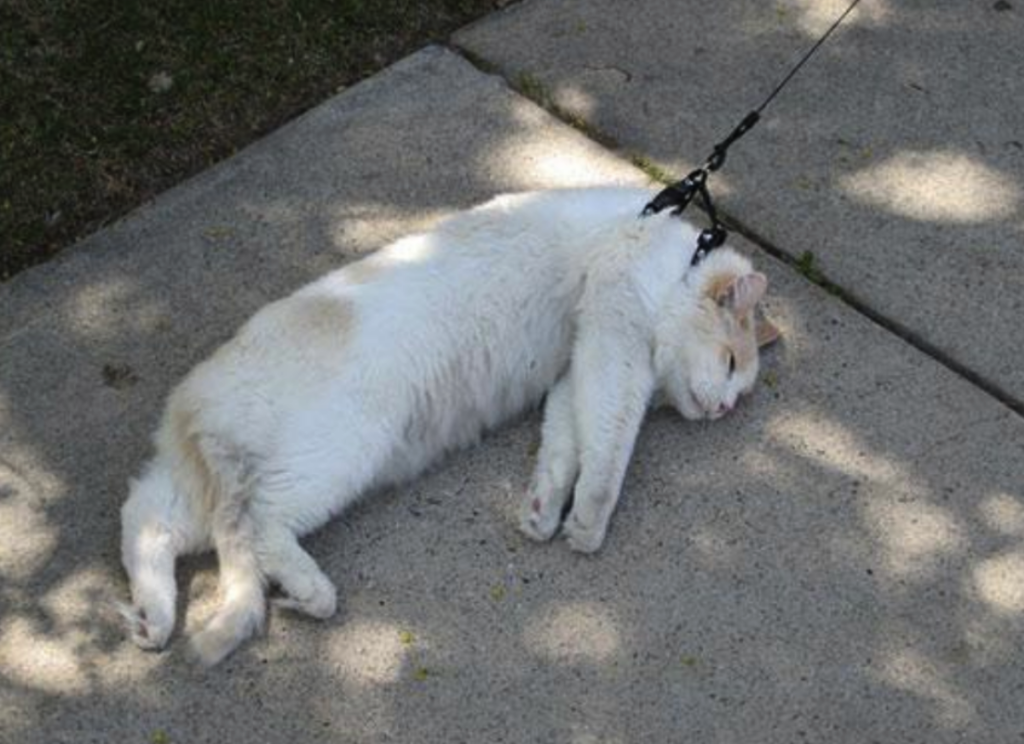
The Johari Window can be one of many powerful tools for crafting dimensional characters. It can also help creators develop layered stories (plots) that will resonate long after the audience reaches “The End.” Why?
Because great fiction is even better therapy. And after the past four years in particular, who DOESN’T need at least a little lot of therapy?
Yes, I’ve talked about the Johari Window before, but it’s been ages. Since I figured most of us have slept since 2021, it seemed like a fantastic topic to start off the year (especially for those who’ve set a resolution to write a book…preferably a GOOD book).
Too many believe fiction to be a fluff, an escape, a fantasy getaway (while, ironically, spending almost all disposable income consuming it).
Some fiction does this for sure. Yet, the stories that hit the market and continue to ripple for decades, centuries, or even for millennia share a common denominator.
Stories offer the audience deeper insights into themselves, their beliefs, and the world around them. It trains empathy and gives us the easiest way to “walk a mile in another person’s shoes.”
Additionally, great stories have timeless messages. It’s why we can take a Shakespearian play and set it in modern times and the story and message are just as powerful.
The characters might wear modern clothing, fight with machine guns instead of swords, but we identify with their hopes, dreams, hurts, struggles, blind spots and weaknesses just as much as the audiences from centuries ago.













You must be logged in to post a comment.